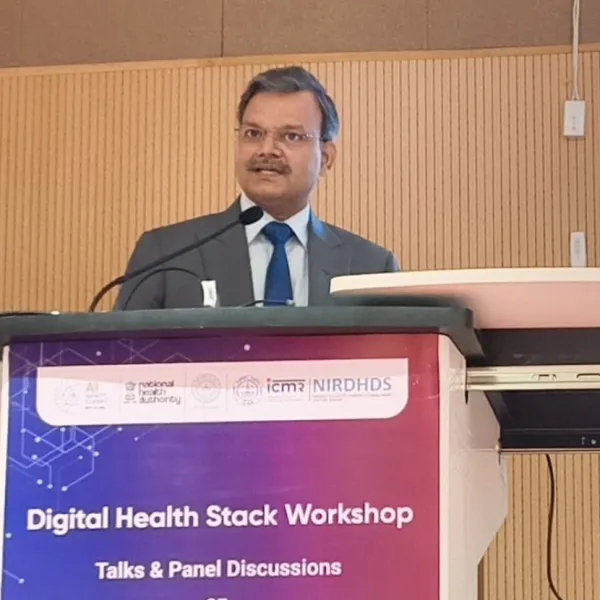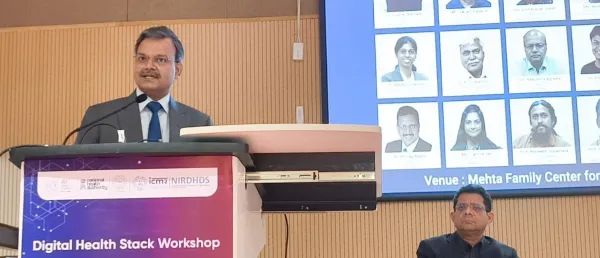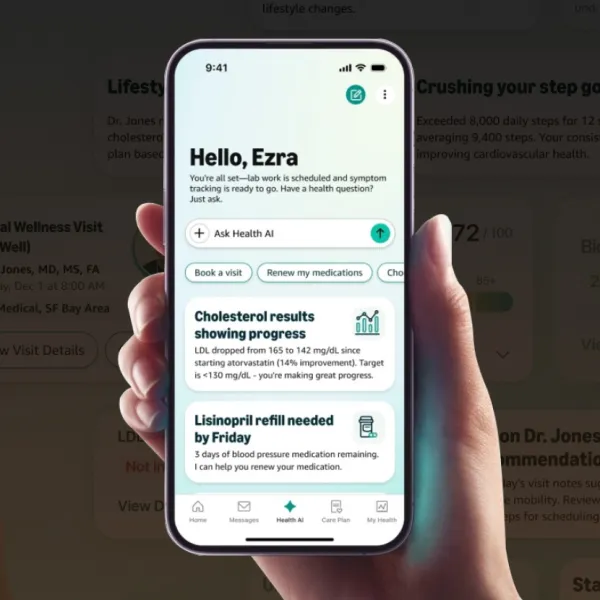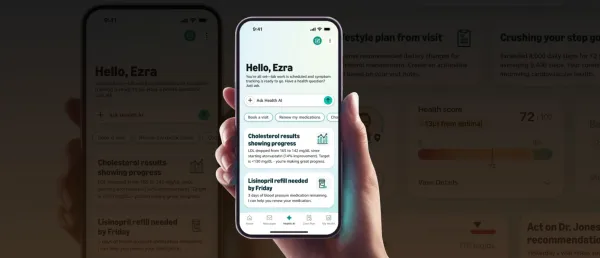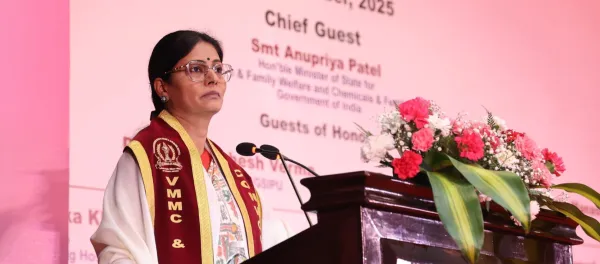Top Cyber Attacks that Shattered the Healthcare Industry in 2023

The intersection of healthcare and technology in India is marred by a pressing concern – the escalating cyber threats. In the past 12 months alone, nearly 60% of healthcare organisations in India have fallen victim to cyberattacks, as revealed by a study conducted by Sophos, a prominent UK-based cybersecurity firm. The consequences of these attacks, particularly in the form of data encryption during ransomware incidents, have reached an alarming rate of 75%, signifying a significant surge compared to previous years.
In this in-depth exploration, we delve into the chronology of these cyber threats, the reasons behind the healthcare sector becoming a target, and the pivotal role of cybersecurity in safeguarding India's digitising healthcare landscape.
A Few Examples
The onslaught of cyberattacks on India's healthcare sector has reached unprecedented levels, with ransomware incidents leading the charge.
Sun Pharma's Ransomware Ordeal
On March 2, Sun Pharma, a major Mumbai-based pharmaceutical company, reported an "information security incident." The subsequent revelation that a ransomware group claimed responsibility for the breach highlighted the dire consequences of cyber threats in the pharmaceutical realm. Sun Pharma's swift containment and remediation efforts, including network isolation and recovery processes, showcase the urgent need for proactive cybersecurity measures.
ICMR's Ongoing Battle
The Indian Council of Medical Research (ICMR) has been grappling with multiple cyberattack attempts since February. The most recent breach involves a threat actor advertising the database for sale on the dark web, claiming to have sourced COVID-19 test details of citizens from ICMR. This incident adds to the series of cyber threats faced by ICMR, necessitating a comprehensive reevaluation of cybersecurity strategies.
Last year, on November 30, the Indian Council of Medical Research (ICMR) faced a staggering 6,000 hacking attempts within a 24-hour period. As the calendar flipped to October 31, 2023, a colossal data breach unfolded, exposing information of over 81.5 Cr Indians associated with the ICMR. The dark web became the marketplace for this sensitive data, marking a watershed moment in the gravity of cybersecurity threats faced by India's healthcare infrastructure.
AIIMS New Delhi's Cyber Resilience
Just a week prior, the All India Institute of Medical Sciences (AIIMS) encountered a ransomware attack that encrypted an estimated 1.3 terabytes of crucial data, rendering it inaccessible to the institution.
AIIMS New Delhi, a beacon of medical excellence, faced another cyber attack in June, swiftly detected and neutralised by the hospital's cybersecurity systems. The institution's resilience in promptly thwarting the malware attack demonstrates the importance of robust cybersecurity infrastructure in safeguarding critical medical institutions.
The Cyber Threat Landscape in India: A Daunting Scenario
The challenges deepen as Indian firms find themselves unable to prevent nearly half of all cyber attacks. A report by Tenable, a Columbia-based cybersecurity company, reveals that the lack of coordination between IT and cybersecurity teams is a significant hurdle, acknowledged by 43% of Indian organisations. The misalignment in goals between these teams hampers coordination, making it difficult to work cohesively towards a shared goal.
Furthermore, the report underscores a palpable cybersecurity skill gap in India. Despite being home to the second-highest number of active internet users globally, India represents only 6% of the global cybersecurity jobs. With just 40,000 job openings as of May 2023, the industry grapples with a demand-supply gap of 30%, underscoring the urgent need for skilled cybersecurity professionals.
Indusface's Revelations: Increasing Cyber Attack Instances in Healthcare
Indusface, a prominent app security solutions firm, adds to the narrative with a comprehensive study revealing over 1.6 billion cyberattacks in India during the second quarter of 2023. This alarming statistic reflects a 70% increase over the previous quarter, underscoring the intensification of cyber threats. Notably, healthcare sites bore the brunt, with all such sites and over 90% of banking and insurance sites facing bot attacks during the quarter.
The study also sheds light on a surge in Distributed Denial of Service (DDoS) attacks, with India emerging as the top victim with 135 million attacks. This heightened cyber threat landscape accentuates the critical need for robust cybersecurity measures to protect sensitive healthcare data.
Analysing the WHY: Blame the Outdated Systems, Legacy Issues, & Cybersecurity Gaps
The healthcare sector's vulnerability to cyber threats can be attributed to a trifecta of challenges – outdated software, reliance on legacy systems, and inadequate investments in cybersecurity. Raj Sivaraju, president of APAC at Arete, a cyber risk management firm, asserts that these factors exacerbate the situation, creating a fertile ground for cybercriminal activities.
As India accelerates its journey towards digitising healthcare, securing online systems becomes paramount. However, the stark reality is that India ranks as the third-worst country globally for cybersecurity risk events, trailing only behind the United States and Brazil, according to Trend Micro's 2023 report. This places immense pressure on healthcare organisations to fortify their cybersecurity measures to thwart impending threats.
Conclusion: Charting a Course Towards Cyber Resilience
As India's healthcare sector grapples with the relentless onslaught of cyber threats, the imperative to fortify cybersecurity measures cannot be overstated. The chronology of breaches, from Sun Pharma's ransomware incident to AIIMS New Delhi's cyber resilience and ICMR's ongoing battle, underscores the multifaceted nature of the challenges.
To navigate this complex landscape, a paradigm shift is essential. Investments in modernising software, upgrading legacy systems, and bridging the cybersecurity skill gap are prerequisites for a resilient healthcare infrastructure. Collaboration between IT and cybersecurity teams, streamlined coordination, and a proactive approach to cybersecurity are pivotal in safeguarding the integrity of healthcare data.
In conclusion, as India marches forward in its digitisation journey, the healthcare sector must emerge as a cybersecurity bastion. The stories of cyber threats and breaches serve as cautionary tales, urging stakeholders to unite to pursue cyber resilience. The future of healthcare in India hinges on the ability to repel cyber threats, ensuring that the digitised healthcare landscape remains a beacon of innovation, accessibility, and above all, security.
Stay tuned for more such updates on Digital Health News













